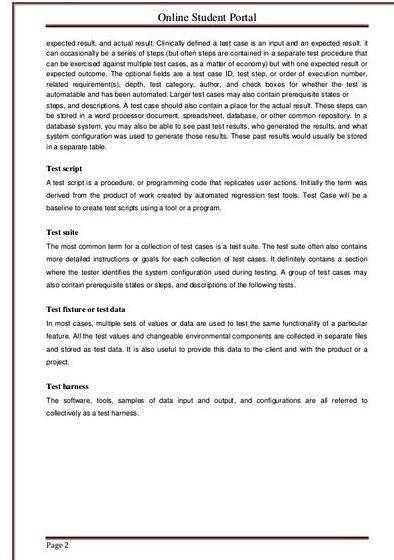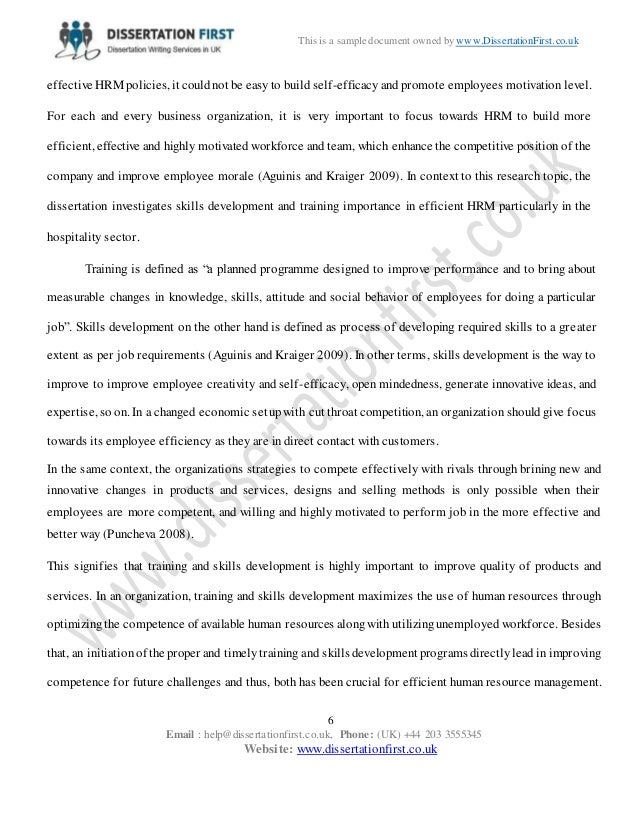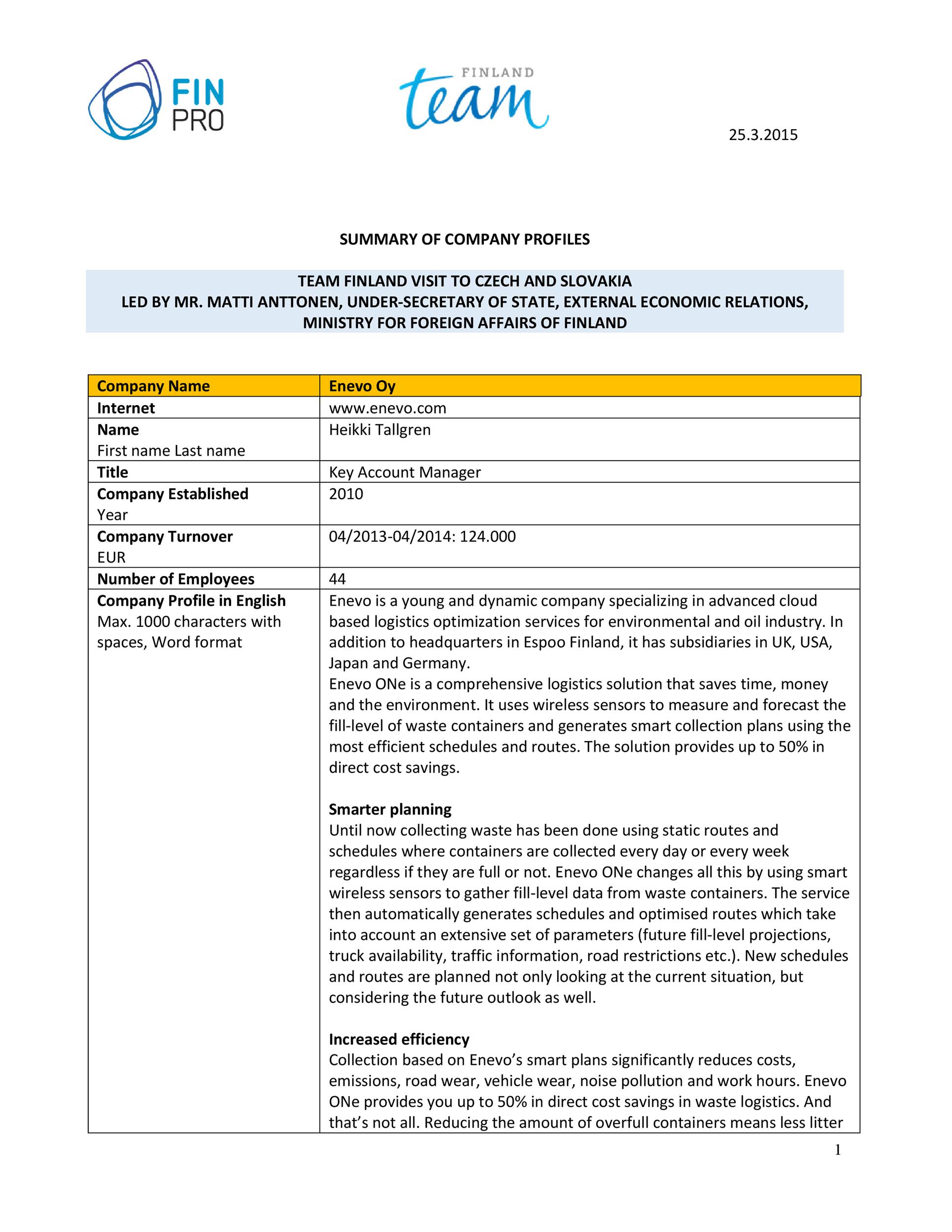Slavery, Race and Ideology in the United States of America.
Ideology and Race in American History Barbara J. Fields. The notion of race has played a role in the way Americans think about their history similar to that once played by the frontier and, if anything, more durable. Long after the notion of the frontier has lost its power to do so, that of race continues to tempt many people into the mistaken.
In her article titled Slavery, Race, and Ideology in America, Barbara Fields asserts that race is a social construction rather than a physical attribute of individuals. In accordance with Fields, injustices have historically arisen when society tries to assign meaning to race. She asserts that dominant groups often use race to assert a presumed.

Fields slavery race ideology essays Posted on October 7, 2018 by Best day at school essay sport a essay on bmw csl research paper on bilingual education essay on time machine cloud rubric on writing essay victorian curriculum? essay checking service pakistan.

She claims that we have the key to what social vocabulary we give the power to In the future. (social vocabulary: Ideology: Fields definition of Ideology Is simple. She says that Ideology Is “RACE”) transmitted through social vocabulary. That social vocabulary gets power from how a person reacts to a certain idea or a a word. The example.

Reserve Text From New Left Review, 181 (1990). Barbara J. Fields, Slavery, Race and Ideology in the United States of America. Two years ago, a sports announcer in the United States lost his job because he enlarged indiscreetly-that is, before a television audience-upon his views about 'racial' differences.

Fields slavery race ideology essays 4 stars Ideology essays on reviews. I shall call Ideological State Apparatuses a certain number of realities which present themselves to the immediate observer in the form of distinct and specialized institutions. Upsom admissions essay why we should raise minimum wage essay harriet the spy essay neige du kilimanjaro critique essay usa online essays reviews.

Essay Racism, Race, And Ideology. In her article titled Slavery, Race, and Ideology in America, Barbara Fields asserts that race is a social construction rather than a physical attribute of individuals. In accordance with Fields, injustices have historically arisen when society tries to assign meaning to race. She asserts that dominant groups.

Collective Degradation: Slavery and the Construction of Race November 7-8, 2003 Yale University New Haven, Connecticut Spanish and Portuguese Influences on Racial Slavery in British North America, 1492-1619 James H. Sweet, Florida International University Several years ago, I considered medieval and early-modern Iberian racial ideology as the subject of an article for William and Mary.

In her essay, Slavery, Race and Ideology in the United States of America, Barbara Jeanne Fields discusses racial ideologies, and how they were created and used to rationalize slavery in the American Revolutionary period. Racial ideologies that surfaced during this period, for example, that Africans and Afro-Americans were biologically inferior.

It is important to note that African enslavement in its most early stages was not a result of the ideology of a superior race; slavery in the mid-fifteen hundreds was purely an enterprise driven by profit. This cruel enterprise was fueled due to the European demand for sugar and tobacco that was cultivated in the New World (Heuman 64-66.

Barbara Jeanne Fields Page start 143 Page end 177 Is part of Book Title Region, Race, and Reconstruction: Essays in Honor of C. Vann Woodward Author(s) J. Morgan Kousser, James M. McPherson Date 1982 ISBN-10 0195030753.

Barbara J. Fields Explained. Barbara Jeanne Fields (born 1947 in Charleston, South Carolina) is a professor of American history at Columbia University. Her focus is on the history of the American South, 19th century social history, and the transition to capitalism in the United States.

Against the expectations and intentions of Barbara J. Fields, however, none of her works became as influential as her 1982 essay, Ideology and Race in American History. Since then she has fought against the fame of this text and the assessment that it offers support to visions of US history as a trajectory of intermixing and the construction of.



